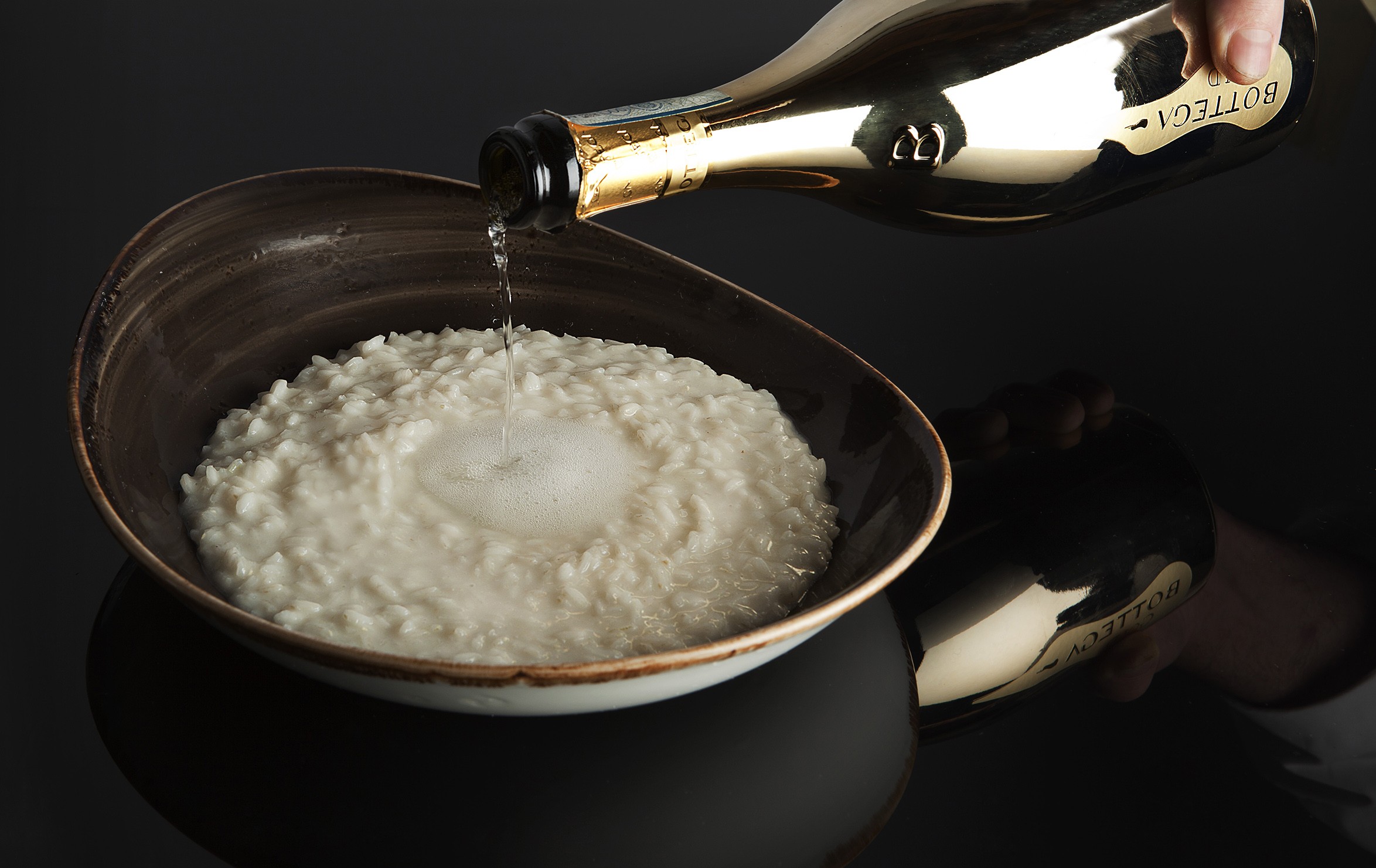Top ten trends of the last ten years: 9. Anti-alcohol sentiment
In our second installment of the greatest changes in drinks since db was launched in July 2002, we consider the impact of anti-alcohol groups.
While the last ten years in drinks may not have seen an anti-alcohol sentiment to rival 1920s America, there has certainly been an increasingly forceful and organised voice in opposition to booze.
Within our island nation, criticisms reached a peak in 2005 when the government ushered in so-called 24-hour licensing for on-premise and retail outlets selling alcohol.
This single piece of legislation was blamed for drink-related hospital admissions and public disorder in city centres. But in reality, only around 1,000 outlets had been granted a 24-hour licence, and fewer than 400 of these were pubs and clubs – the majority were supermarkets and service stations.
The media fanned the debate, giving extensive column inches to the views of Sir Ian Gilmore, chairman of the Alcohol Health Alliance, but rarely the drinks industry.
As a result, the trade watched as the timing, placing and content of alcohol advertising was restricted and taxation increased, while anti-alcohol sentiment was used to justify other measures such as banning multi-buy promotions and introducing minimum alcohol unit pricing.
Furthermore, earlier this year, the UK saw the introduction of the Public Health Responsibility Deal as a way for the government and trade to tackle alcohol abuse together.
But the drinks trade has increasingly regulated its own activities.
Partner Content
For example, it has tackled irresponsible drinks marketing in the UK through its self-funded Portman Group.
It has also overseen the rise of the charity Drinkaware, which notably produced the Campaign for Smarter Drinking. The latter, a db award-winner in 2010, comprised 45 drinks companies who raised £100 million to work with the government to launch the largest ever social marketing project to promote responsible drinking.
In essence, the drinks trade has mounted a highly-organised defence against the anti-alcohol lobby groups. Former Western Wines chairman Mike Paul was instrumental in this, forming the Wine Trade Action Group, which helped to revolutionise the WSA (the former Wine & Spirit Trade Association).
Paul’s baton was picked up by the WSTA’s Jeremy Beadles, along with Christopher Carson and Tim How, who have helped to protect the wine trade from exhaustive EU legislation around ingredient labelling.
The drinks trade may have suffered abuse and increased taxation over the last decade, but the penalties would have doubtless been much worse had the WSTA not ceaselessly lobbied the government.
Click here to see number 10 in our countdown of the top ten trends of the last ten years.




